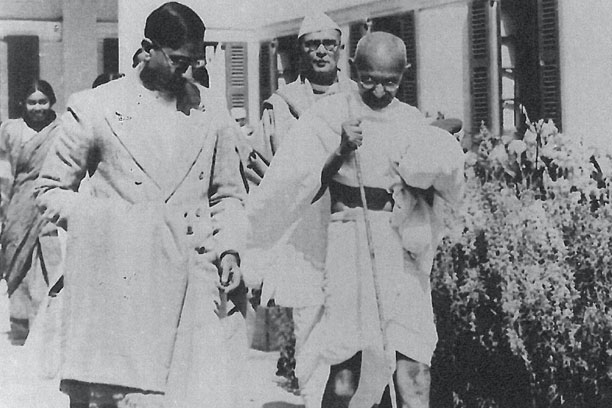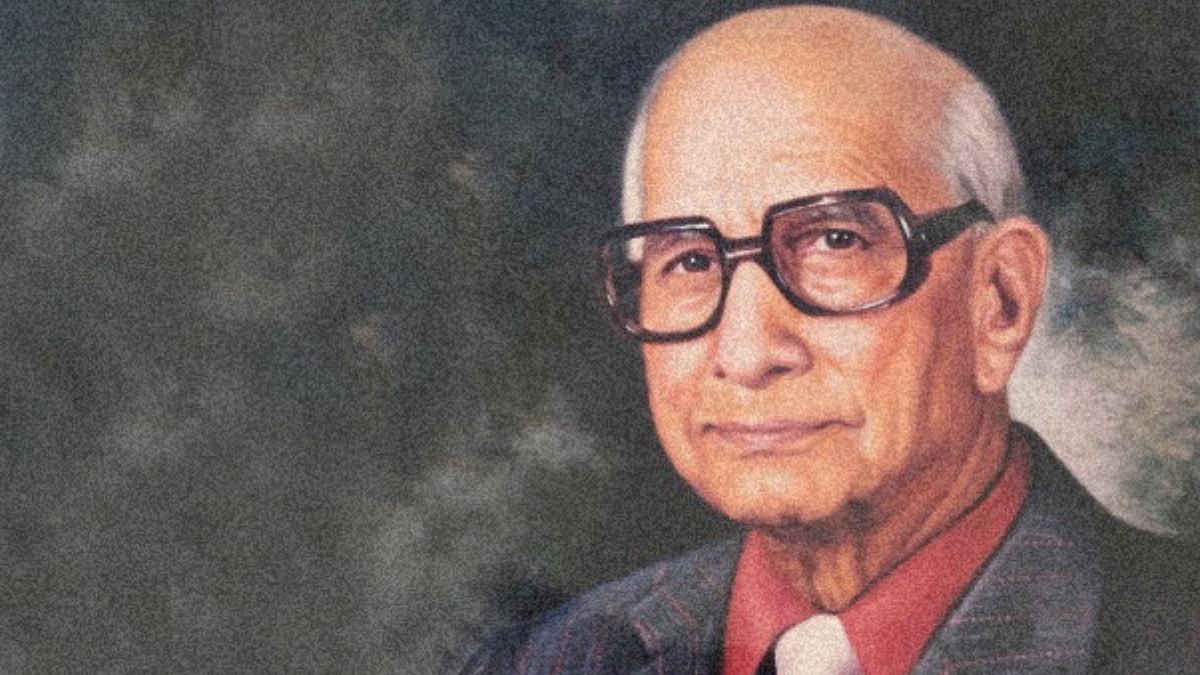Ghanshyam Das Birla, the founder of the Birla Group, passed away on June 11, 1983, at the age of 89 in London. Today marks his 42nd second anniversary. Birla was a pioneering industrialist and philanthropist, and like many others he played a significant role in India’s struggle for independence and economic growth.
Birla defied British economic dominance, fostering India’s self-reliance in key industries and establishing institutions that continue to impact millions of people today. His legacy extends beyond business, with significant contributions to education, healthcare and arts.
Birla, driven by nationalism, became a close aid and confidante of Mahatma Gandhi. He used his wealth to support India’s freedom movement.

Among the many contributions of Birla is his key role in India’s economic development through various initiatives, including creating a swadeshi economic roadmap, participating in the Round Table Conferences, co-creating the Bombay Plan, and founding industry bodies like FICCI.
He also supported various educational institutions, including Aligarh Muslim University and Banaras Hindu University, and also established schools, colleges, hospitals, and other public facilities across India.
Early Life Of Ghanshyam Das Birla
GD Birla was born in 1894 in Pilani, Rajastan into a family involved in India’s cotton and jute industries. Notably, the Birla family’s business roots go back over 165 years to Pilani. GD Birla was the third son of Baldeodasji Birla.
In 1919, at the age of 25, GD Birla established the Birla Jute Manufacturing Co. Ltd. in Calcutta (now Kolkata), marking the Birla family’s entry into manufacturing. Mahatma Gandhi’s influence was nothing short of a miracle for people around the world. Birla was no exception, deeply influenced by his association with Gandhi, he joined the Non-Cooperation Movement in 1920.
GD Birla was elected to the Bengal legislative assembly at 27 in year 1921 and subsequently co-founded the Indian Chamber of Commerce in Kolkata in 1925. In 1926, with his supporters, Birla established the Federation of Indian Chambers of Commerce and Industry (FICCI), India’s largest and oldest apex business organisation.
Larger Than Life Legacy
In 1929, Birla established a primary school in Rajasthan under the Birla Education Trust, driven by his conviction in the transformative power of quality education. Later in 1945, he co-authored the Bombay Plan, a 15-year economic blueprint crafted by some of India’s leading industrialists and technocrats. In 1948, Birla financially helped to set up the Birla Vishwakarma Mahavidyalaya College in Vallabh Vidyanagar in Gujarat.
The government awarded GD Birla the Padma Vibhushan, India’s second-highest civilian honour, in 1957 for his contributions to the nation.
In 1964, Birla reached another milestone when he helped spark India’s scientific temper by launching the Birla Institute of Technology and Science (BITS Pilani), now regarded as one of India’s finest higher education institutions.
In Conclusion
After India’s independence, Birla laid the foundation for key industries that provided essential inputs for the nation’s growth, including viscose staple fibres, textiles, vital infrastructure materials like aluminium, cement, and chemicals. GD Birla’s vision eventually gave rise to a global business conglomerate, making it one of the few Indian-origin enterprises established before independence to achieve such scale.
Birla’s demise in 1983 marked the end of an era, and today he is remembered as much for his social vision and philanthropy as for his business successes.
GD Birla’s life was well reflected in one of his remarks, in which he said, “We are driven by some force, and you do things which you had never planned.”












